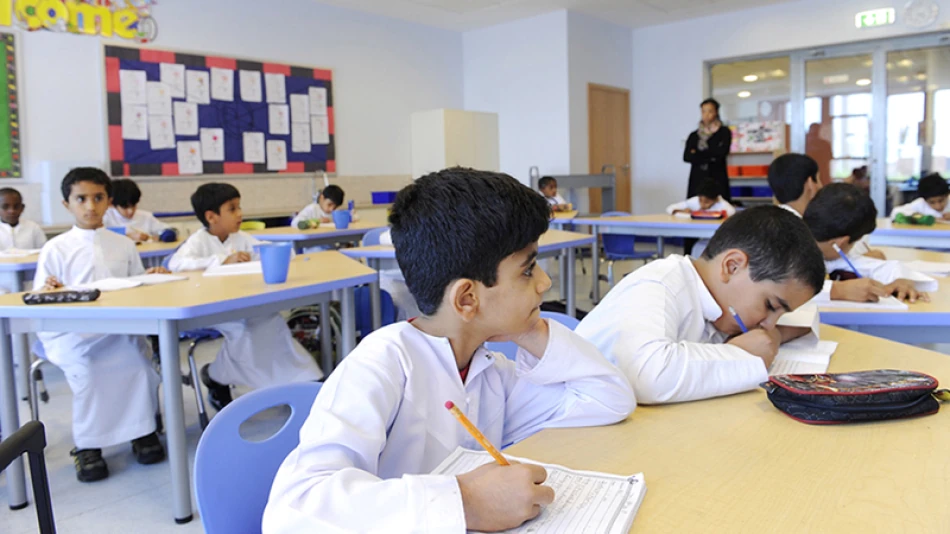
Strict Attendance Policy for Public Schools: Unexcused Absences on Thursday Counted as Two-Day Leaves
UAE Schools Issue Double Absence Penalty Warning as Students Eye Extended Weekend
Government schools across the United Arab Emirates have issued stern warnings to students and parents that any unexcused absence on Thursday, September 4, will count as a double absence penalty due to its proximity to an official holiday. The move reflects growing concerns about chronic absenteeism and represents a hardline approach to maintaining academic discipline in the Emirates' education system.
The Double Penalty Strategy
School administrations have activated immediate communication systems with parents to monitor attendance in real-time, signaling that Thursday's absence without valid justification will be recorded as two days rather than one. This punitive measure specifically targets students who might be tempted to create an extended weekend by skipping the day before a public holiday.
The policy underscores a broader crackdown on attendance violations, with schools emphasizing that 15 days of total absences triggers formal intervention from specialized educational authorities. Parents receive instant notifications for any absence, creating a comprehensive monitoring network designed to prevent truancy.
Strict Annual Limits Could Force Grade Repetition
The UAE's attendance regulations set clear boundaries: students face a maximum of 5 unexcused absence days per semester and 15 days annually. Exceeding these limits can result in mandatory grade repetition, regardless of academic performance in other areas.
This zero-tolerance approach places the Emirates among the world's most stringent education systems regarding attendance, surpassing many Western countries where chronic absenteeism policies typically allow for more flexibility and intervention programs before academic penalties.
Regional Context and Educational Philosophy
The UAE's aggressive stance on school attendance aligns with its broader educational modernization goals, which emphasize discipline and consistency as foundations for academic excellence. Unlike systems in countries such as Finland or Denmark that prioritize flexible learning approaches, the Emirates has adopted a more traditional framework that views regular attendance as non-negotiable.
This policy reflects the government's investment in education as a cornerstone of economic diversification, where maintaining high standards of academic discipline supports long-term human capital development goals outlined in the UAE Vision 2071.
Implications for Families and Student Outcomes
The shared responsibility model between schools and families creates significant pressure on parents to ensure compliance, particularly for working families who might struggle with childcare arrangements during holiday periods. The immediate notification system eliminates any buffer time that families previously might have relied upon.
For students, the policy sends a clear message that academic commitment takes precedence over personal convenience, potentially preparing them for the disciplined work environments that characterize the UAE's competitive job market in sectors like finance, technology, and logistics.
The enforcement of such strict attendance rules during transitional periods before holidays will likely serve as a test case for how effectively the UAE can balance educational rigor with family flexibility in its rapidly evolving society.
Most Viewed News

 Sara Khaled
Sara Khaled






